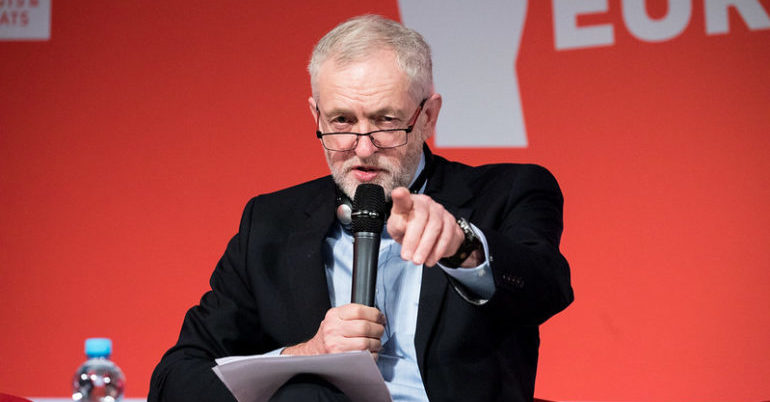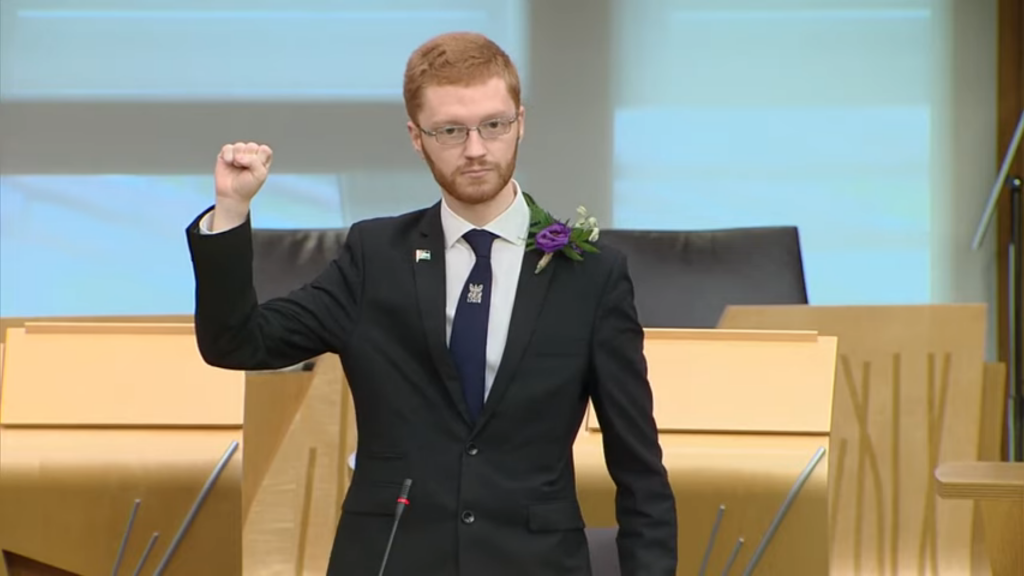5 radical policies Labour should include in its manifesto

Labour Conference 2019 demonstrated the ambition and organisation of Labour’s left-wing grassroots. Campaigns including Labour for a Green New Deal, Labour 4 Day Week and Abolish Eton all had their motions passed as policy by delegates. Ahead of an imminent General Election, a manifesto including these policies will motivate members to hit the streets and canvass hard for a socialist Labour government.
Labour’s manifesto can’t and won’t be limited to policies passed at Labour Conference 2019 though. Here are five headline ideas Labour should push in the General Election to convince voters it will be a government for the many:
1. Free public transport
Labour has already committed to providing free bus travel to under 25s. I’m 23 and a half so have a fairly obvious interest in this being extended! Personal bias aside, Labour’s principles of universalism are crucial when it comes to connectivity and social inclusion. Nobody of any age should be denied from accessing employment, education, services or leisure because of the cost of public transport.
Making all public transport free at the point of use will get people out of cars and massively contribute to a Green New Deal to decarbonise by 2030 too. Investing across Europe in collaboration with other governments to expand high-speed, zero-carbon integrated public transport could also undercut the domestic and short-haul aviation industry.
2. National Food Service
Sue Hayman, Shadow Secretary of State for Environment, Food and Rural Affairs, told Labour Conference 2019 that Labour would introduce a right to food. Labour should put this into practice by introducing a National Food Service. This would ensure that everyone has access to the healthy food that they need as a basic right.
It could include seasonal fruit & veg deliveries; breakfast, lunch and dinner for every schoolkid; a delivery service for those with limited mobility (as proposed by Callum Cant in Riding for Deliveroo); cafes on every high street with free breakfast and lunch for every worker. The service would also allow the government to shift aggregate demand for low-carbon food options by massively expanding the supply of vegan and vegetarian food.
3. England will win the World Cup
After over 53 years of hurt, what more could a Labour government do to bring our country back together than promise England will win the World Cup by 2030 (and guarantee proportionately moderate success for the other Home Nations)? Labour has already backed England hosting the 2030 tournament.
Jokes (I’m not joking) aside, Labour’s plans to for fan democracy in football clubs and massive investment in grassroots football will strengthen the sport from grassroots up to the very elite. Promising to slash ticket prices and introduce safe standing would mean more people can enjoy such a sporting renaissance too.
4. Decriminalise drugs
Diane Abbot, Shadow Home Secretary, has already said that Labour will establish a royal commission to review drug policy. Currently the position is to follow its recommendations, including if those are to decriminalise all drugs. We don’t have to wait for the results of a commission to know that the criminalisation of recreational drugs reduces safety and leads to the unjust persecution of suppliers and users.
Thousands already take recreational drugs up and down the country every weekend with limited consequence. Public ownership of the market would assure the safest product and direct revenues into services to support those with recovering from addiction.
5. Rent controls
Labour’s current policy on housing includes giving local government that powers to introduce rent controls. At the moment this is limited to capping rent increases at inflation. Labour’s manifesto should include a bolder position to properly the housing crisis.
Local councils need powers to bring down rents below current levels while also raising wages so they’re genuinely affordable. If the landlords don’t like it, Labour should be prepared to bring their property into public ownership as part of a council housing revolution.
Header image credit: Party of European Socialists, Creative Commons




Or, to save time, Labour could just adopt the policies of the Green Party, which already include much of this, rather than adopt the Green manifesto from the previous General Election as they usually do. Apart from free food for everyone, which is bonkers.